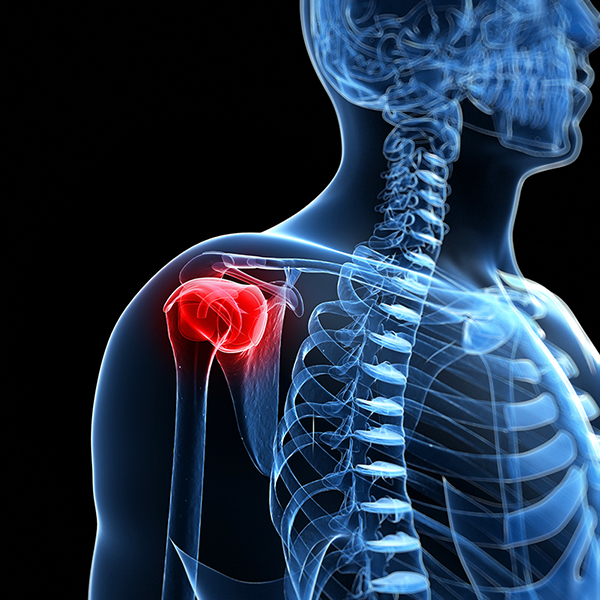May 14th, 2018

If you‘ve ever experienced a dislocated shoulder, you know how painful it can be, and while the treatments are fairly straightforward, there can be significant complications. If you have a dislocated shoulder or think you do, you need to get to a shoulder injury doctor in Atlanta as soon as possible; here’s what to expect.
Complications
Bone and Muscle
The first and most obvious complication with a shoulder injury is possible damage to surrounding bones and muscles as a result of the trauma that caused the dislocation. This is why seeing your primary doctor who will probably refer you to a shoulder orthopedic surgeon in Atlanta is so important.
Nerve Damage
Nerve damage is also a very real possibility and it usually comes in the form of an injured circumflex axillary nerve. The primary symptom of this type of damage is numbness on the outside of the upper arm. Untreated, nerve damage to the circumflex axillary nerve can result in weakness of the deltoid muscle and restricted shoulder movement.
Rotator Cuff Injury
For older patients or patients who smoke, a rotator cuff injury or tear may accompany a shoulder dislocation. This often requires follow-up visits, tests, and physical therapy to gauge the type and extent of the shoulder damage.
Rare Complications
These can include the tearing of the axillary artery, negative drug interactions, and associated muscle tears that need surgery. In rare cases, surgery is needed to repair the damage; if you’re looking at shoulder replacement surgery in Atlanta, make sure you follow the pre-treatment regimen given by your doctor to the letter.

Treatment
When a shoulder dislocation is suspected, immobilization and ice are critical. Additionally, a patient should not be given anything to eat or drink in case sedation is required during medical treatment. If you’re not familiar with treatment facilities, use the internet and search on “shoulder orthopedic Atlanta.” This will bring up both regular and emergency treatment options.
Scapular Manipulation
This is done by rotating the should blade, dislodging the humeral head, and allowing the shoulder to “snap” back into place. It’s usually done with two medical professionals, although one can do it in a pinch.
External Rotation
This treatment entails the healthcare professional using a gradual external rotation of the shoulder to prompt the shoulder to spontaneously relocate. It can be accompanied by moderate to severe muscle spasms.
Traction – Counter Traction
In this treatment, the physician loops a sheet around the armpit and pushes down on the arm as an assistant pulls the sheet upward to gain counter traction. The humeral head then gradually will “slide” back into alignment.
Stimson Technique
This is done by weighting the arm of the dislocated shoulder as it’s draped over the edge of a table. The constant weight eventually will relax the surrounding muscles and the shoulder will reduce back into placement.
Open Reduction
In extreme cases, surgery is required. This is only used when closed reduction fails or is not an option.
A dislocated shoulder is painful and potentially can lead to further damage of the surrounding muscles and bone. If you experience what you think might be a dislocation, don’t delay; visit a shoulder injury doctor in Atlanta as soon as possible.
Back






